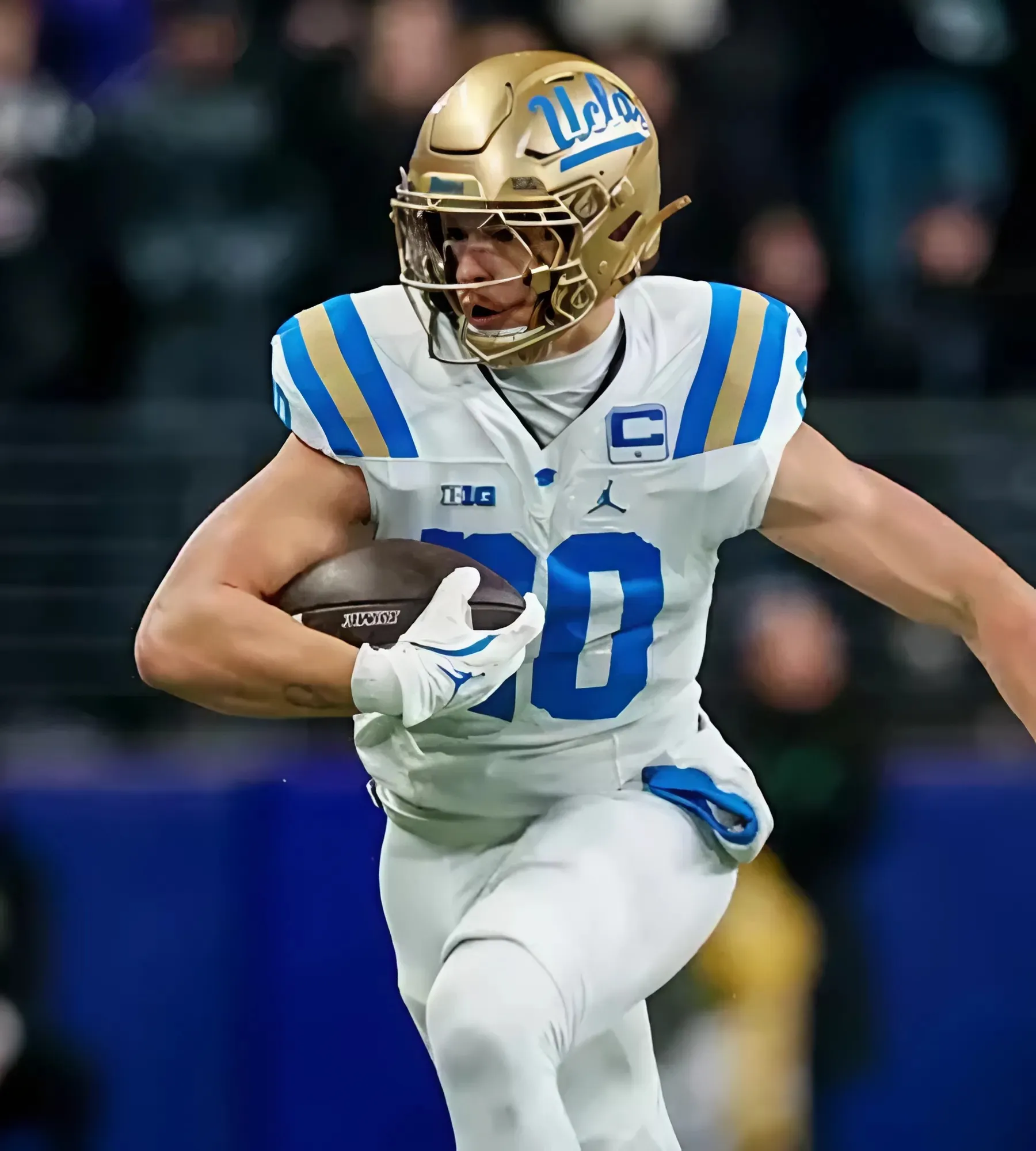
(L-R) Philadelphia Flyers general manager Danny Briere, head coach Rick Tocchet, and governor Dan Hilferty at Tocchet's introductory press conference. (Megan DeRuchie-The Hockey News)
The Philadelphia Flyers officially turned the page this week.
At Rick Tocchet’s introductory press conference, the newly minted head coach didn’t just talk about systems, culture, or expectations—he outlined a vision rooted in partnership, trust, and development. It was clear from the moment he stepped to the podium that Tocchet isn't here to play nostalgia hits as a beloved Flyers alumnus. He’s here to build something new, something lasting.
And the Flyers believe he’s the man to do it.
The Right Man, Not Just the Familiar Face
General Manager Danny Brière made it clear early in the presser that hiring Tocchet wasn’t a decision made through the lens of sentimentality. Yes, Tocchet is a name etched into Flyers lore. Yes, Brière played with him and saw firsthand how he guided younger players even as his own career wound down. But the decision went far deeper.
“The one thing I want to make clear is that the plan doesn't change here,” Brière said. “We see him as the long-term solution for our head coaching position.”
Brière emphasized two key qualities that sold the Flyers' brass on Tocchet: his ability to teach and his ability to connect.
“One thing I said we needed was a teacher, and I think there’s nobody better than Rick to teach our young guys,” Brière said. “I saw it firsthand… and now he wants to pass that on. He’s done it for the last few years.”
In an era where “development” is more than just a buzzword, it was telling that the word kept coming up. Tocchet’s ability to mentor players, to explain the “why” behind every decision and drill, was a recurring theme. This, Brière said, wasn’t just something he observed—it was something he heard echoed around the league.
“I talked to a lot of players… and the one thing that kept coming up is how good of a communicator he is with his players, and how he builds relationships.”
That relational approach stood out just as much as his resume. Tocchet’s body of work—from guiding an undermanned Arizona Coyotes team to respectability to winning Cups alongside Mike Sullivan in Pittsburgh—spoke volumes to the front office.
“When I look at the track record, one of the most impressive parts that stood out was [his] stint with the Coyotes,” Brière said. “That body of work, for me, was probably the most impressive part of his coaching.”
'It's Not A Dictatorship'
Tocchet’s own comments underlined the philosophical alignment between coach and GM. He talked less like a drill sergeant and more like a teacher who’s grown into the modern game.
“Breaking in as a player is a different era,” Tocchet said. “Coaches told you, ‘Hey, do this,’ and you just did it. You were too scared to ask, ‘Why?’ Now, this generation… they want to know why.”
It’s not a complaint. In fact, Tocchet seems energized by it.
“It’s my job to make them buy into it,” he explained. “But you have to accept that as a coach, and I enjoy that. I’m a partner with the players. It’s not a dictatorship.”
There was a humility in Tocchet’s words, an acknowledgment that modern coaching is as much about collaboration as it is about structure. While accountability remains non-negotiable, Tocchet emphasized the importance of empowering players.
“They have a lot of good ideas,” he said. “I’ve learned a lot from a lot of great hockey players… There’s got to be accountability, don’t get me wrong—but it’s important that you let the players steer the ship, too.”
Building a Team, Using the Tools
Tocchet also made it clear that success isn’t about one voice. It’s about using all the tools available—something the Flyers have been quietly building behind the scenes, from sports science departments to player development to mental health professionals.
“You’ve got science, you’ve got the mental coaches, skills coaches, your assistant coaches, management, and ownership,” Tocchet said. “You can’t be afraid to use those guys. And, quite frankly, sometimes some guys might be better than you at something.”
That openness—to collaboration, to learning, to leveraging every available resource—feels like a significant philosophical shift. It’s not about standing at the top of the mountain. It’s about building one, together.
What Comes Next
The message was clear from every speaker on the podium: this isn’t a short-term fix. It’s a long-term vision. And Tocchet is at the heart of it.
“We are thrilled to have Rick lead our team into the future,” Flyers President of Hockey Ops Keith Jones said earlier this week. “There is a genuine trust that he will do everything he can to bring success to the team.”
That success won’t come overnight. But with Tocchet’s blend of experience, relatability, and vision, the Flyers are betting big on his ability to lead a new generation—not just to compete, but to contend.
-1746934154-q80.webp)
-1750911348-q80.webp)

